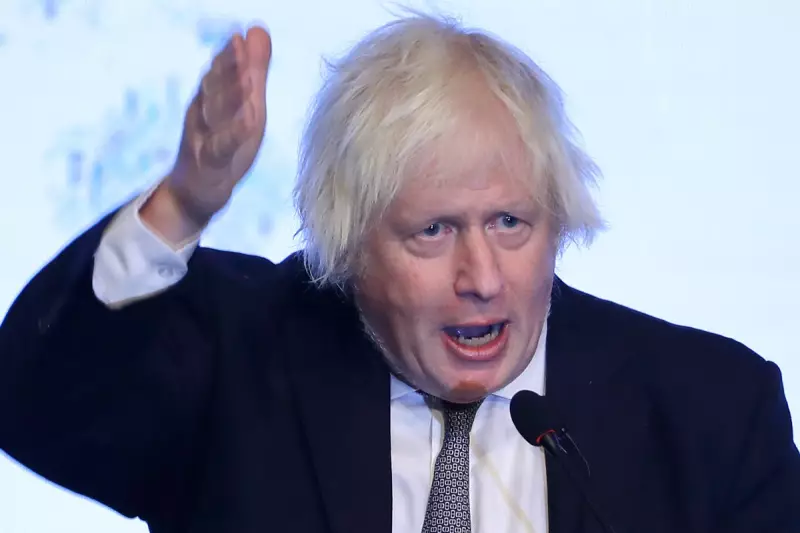
Boris Johnson is facing intense scrutiny over his financial activities since departing Number 10, with new revelations suggesting he is cashing in on his high-profile network of global contacts.
The former Prime Minister has reportedly earned millions of pounds through lucrative speaking engagements and commercial deals, all while continuing to benefit from a publicly-funded allowance designed to support his transition to backbench life.
The Public Duty Costs Allowance Controversy
At the heart of the growing scandal is the Public Duty Costs Allowance (PDCA), a taxpayer-funded grant of up to £115,000 per year intended to help former prime ministers with the ongoing costs of their public duties. Critics argue that Johnson is exploiting this system, using public money to maintain an office and staff while simultaneously pursuing vast private earnings.
This arrangement has drawn sharp criticism from transparency campaigners and opposition MPs, who question the ethics of a former leader receiving state support while capitalising on the influence gained during his time in office.
A Lucrative Post-Premiership Portfolio
Since leaving Downing Street, Johnson's earning potential has skyrocketed. His financial portfolio now includes:
- Multi-million pound speaking fees from addresses to international corporations and financial institutions
- A substantial advance for his forthcoming memoirs, reportedly worth several million pounds
- A regular column in a national newspaper, adding to his income stream
This commercial success stands in stark contrast to the continued receipt of his PDCA allowance, raising questions about whether the system requires urgent reform.
Calls for Reform and Transparency
The emerging details have prompted calls for greater transparency around former prime ministers' financial activities and a potential overhaul of the allowances system. Critics argue that the rules create a potential conflict of interest and may undermine public trust in the political process.
As the debate continues, all eyes remain on Johnson's next moves and whether the government will address growing concerns about the intersection of public service and private profit in Britain's highest offices.






